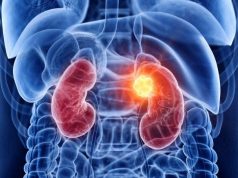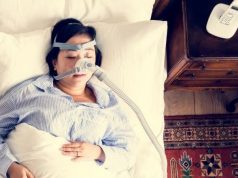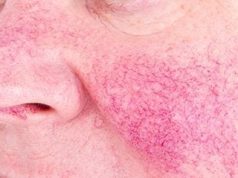Utilization rate of antiplatelet therapies and statins significantly lower for patients with cancer history
THURSDAY, June 18, 2020 (HealthDay News) — Cardioprotective therapies, especially statins and antiplatelets, are underutilized in patients with a history of cancer (CaHx), according to a research letter published in the June 1 issue of JACC: CardioOncology.
Rossana Untaru, R.N., from the University of Newcastle in Australia, and colleagues examined the use of cardioprotective medications in a high-cardiovascular disease (CVD) risk population with or without CaHx in a cross-sectional observational study of 320 patients (69 with CaHx).
Eleven patients were receiving active cancer treatment. The researchers found that the predominant cancer types were colorectal, breast, and melanoma (20.3, 13, and 11.6 percent, respectively). Of the 69 patients with cancer, 36 percent had established CVD before cancer diagnosis and 64 percent developed CVD after diagnosis of cancer. Patients with and without CaHx had similar cardiovascular risk factors, with no significant between-group differences seen in age, body mass index, sex, hypertension, diabetes, dyslipidemia, or atrial fibrillation. Significantly lower utilization rates of antiplatelet therapies and statins were seen for CaHx patients versus those without CaHx. The rates of angiotensin-converting enzyme inhibitor or angiotensin receptor blocker and beta-blocker use were also lower, but not significantly so. In a multivariable analysis adjusted for confounding variables, the likelihood of receiving a statin or antiplatelet therapy was reduced for patients with CaHx (odds ratios, 0.41 [95 percent confidence interval, 0.22 to 0.77] and 0.53 [95 percent confidence interval, 0.29 to 1.00], respectively).
“This highlights practice and policy gaps and the need to develop strategies to improve guideline-directed cardioprotective therapies in cancer patients and survivors,” the authors write.
Copyright © 2020 HealthDay. All rights reserved.








